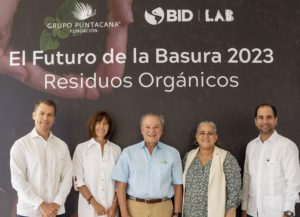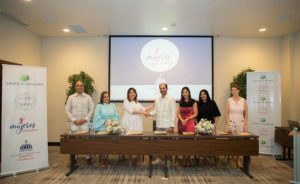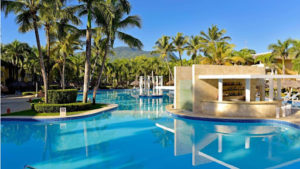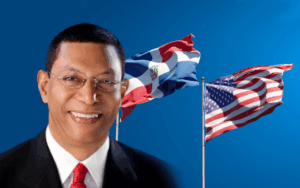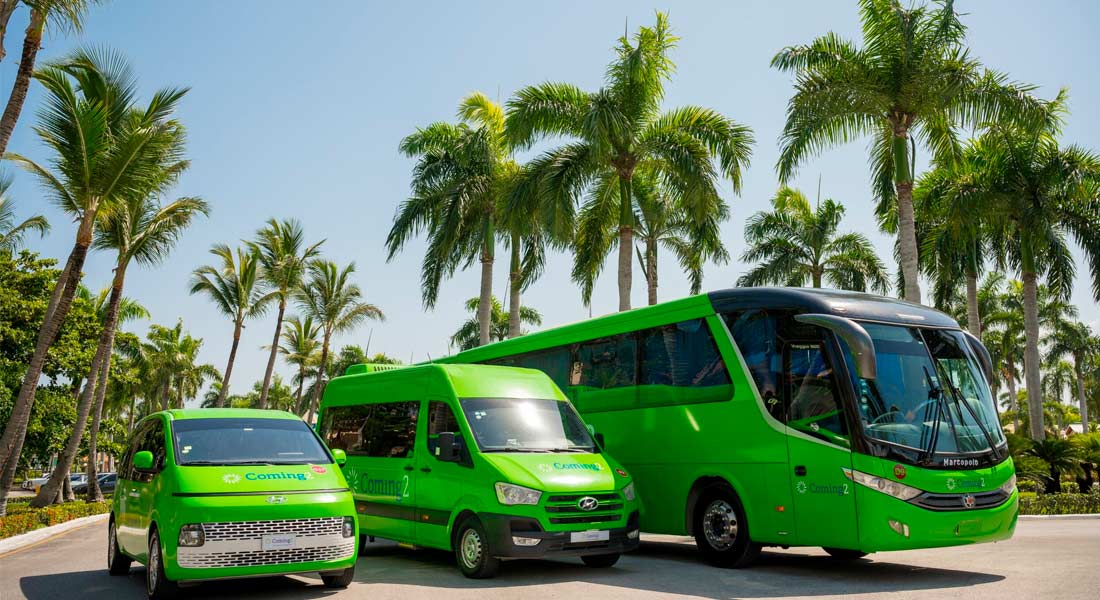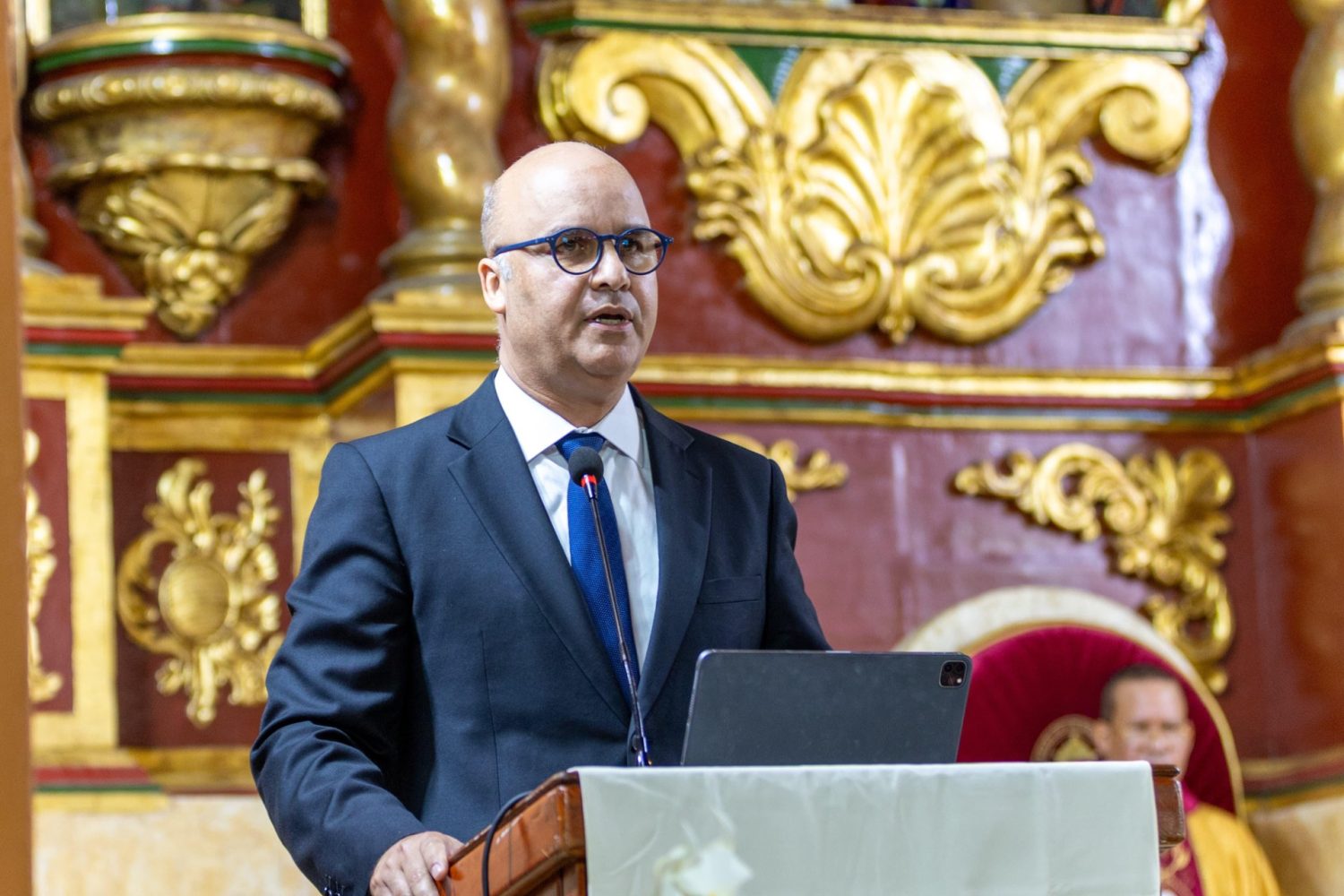Grupo Puntacana Foundation take advantage of sargassum for sustainable agriculture and environmental solutions

Grupo Puntacana Foundation offers environmental solutions through a project to take advantage of sargassum to develop sustainable agriculture in Punta Cana, improving the living conditions of the area’s inhabitants and offering them innovative economic opportunities. The initiative is carried out with the support of the Canada Fund for Local Initiatives (CFIL).
In this regard, the Canadian ambassador to the Dominican Republic, Christine Laberge, and the Commercial Counselor of the Embassy, Julie Forrest, visited Fundación Grupo Puntacana to learn about the facilities and how the program works.
Jake Kheel, vice president of Fundación Grupo Puntacana, said, “Since 2011, the massive influx of sargassum on the Caribbean coast has caused serious damage to corals, mangroves, the marine ecosystem in general, and seriously affects the economy of fishing. and tourism. In the Dominican Republic, it has not yet been possible to take advantage of sargassum as a raw material due to lack of knowledge and the high costs of extracting it from the sea, but we believe that this is a great opportunity to transform sargassum into a useful resource.”
Sargassum harvesting is done at sea using a new technology known as the “Littoral Collection Module” (LCM). The LCM system, developed by the company SOS Carbón, can be installed in small boats or “yolas” of local fishermen, who are involved in the transformation of sargassum, as well as providing new employment opportunities, and going on to transform sargassum into a new product for the production of sustainable agriculture.
As a result, about 35 fishermen have been trained in sargassum harvesting; 100 farmers, particularly women, trained in sargassum composting; and the launch of a training manual on the collection and composting of sargassum.

